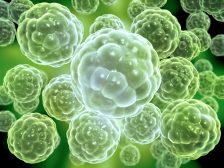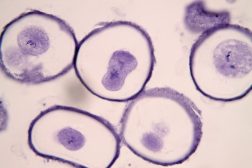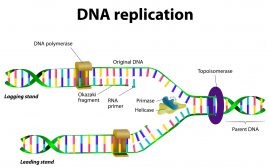Definition
noun
A scientist of entomology; a person scientifically studying insects
Supplement
Entomology is a branch of biology dealing with the study of insects. It includes morphology, physiology, behavior, genetics, biomechanics, taxonomy, ecology, etc. of insects. Any scientific study that focuses on insects is considered an entomological study. The scientific study of insects is believed to have formally occurred in the 16th century.1 The person that scientifically studies insects is called entomologist. William Kirby is considered as the father of entomology. Another notable entomologist is Jean-Henri Casimir Fabre, a French entomologist who is regarded by others as the father of modern entomology. He is best known for his works on the lives of insects written in biographical form. Another is Karl Ritter von Frisch. He is an Austrian known for work on the sensory perceptions of the honey bee and he is regarded as the first one to be able to decipher the meaning of waggle dance of the honey bees.
Since there are a large number of species of insects, there are many subfields of entomology that exist. For instance, the scientific study of beetles (Coleoptera) is called coleopterology and the person studying them is called a coleopterist.
Word origin: French entomologie, Ancient Greek éntomon (“insect”) + –logie, Ancient Greek –logía (“-logy”) + –ist (denoting a person)
See also:
Reference(s):
1Entomology. Retrieved from ://en.wikipedia.org/wiki/Entomology.







